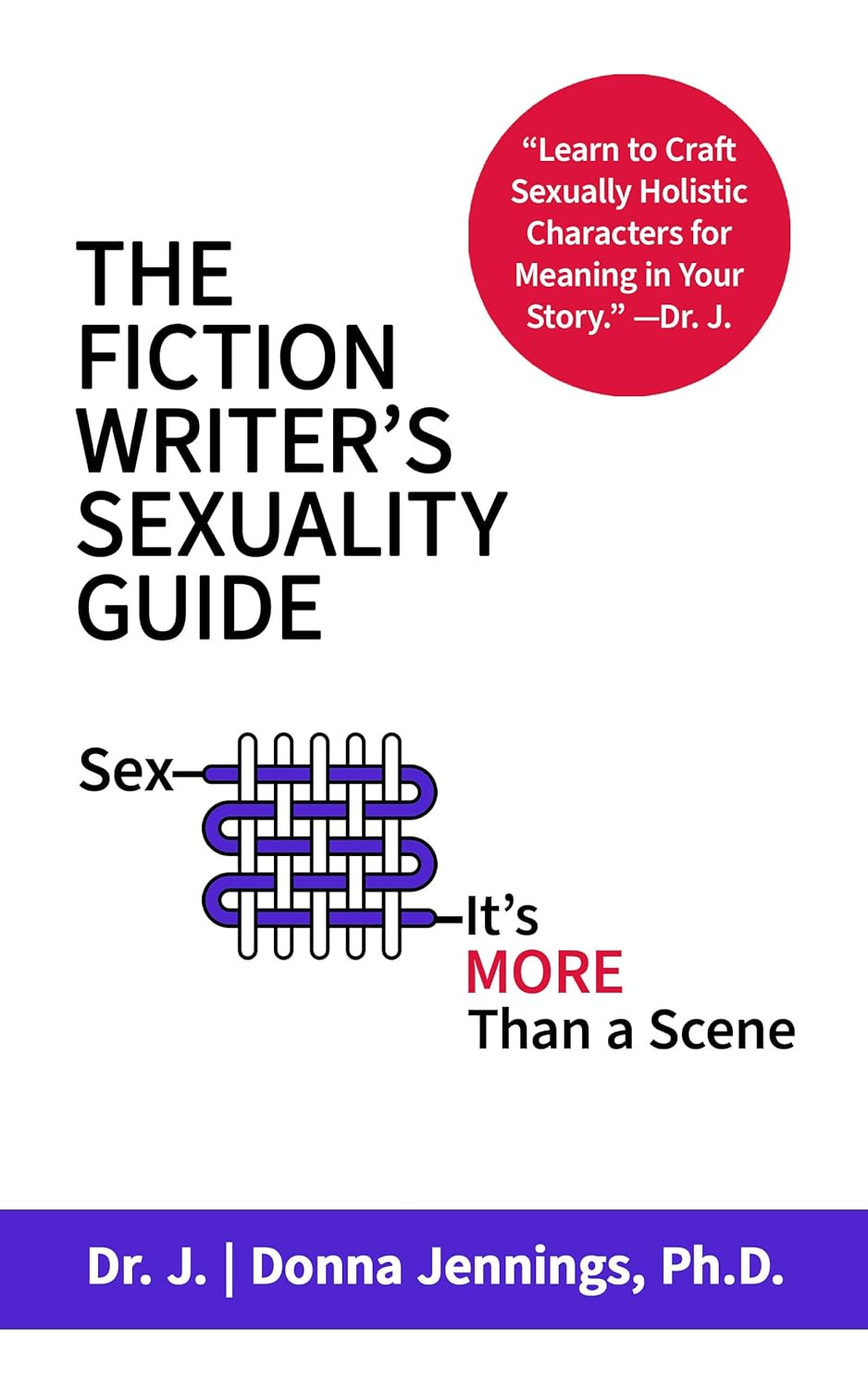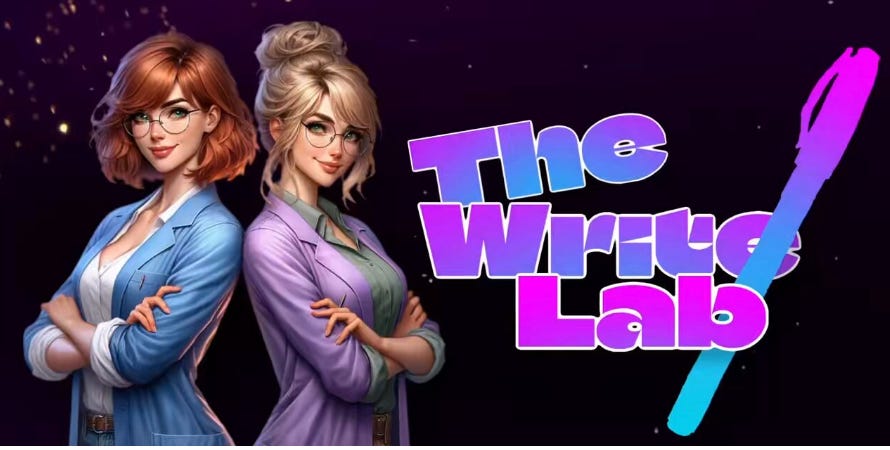
Happy July!
Navigating the publishing world can feel daunting, especially with the myriad options available today. Whether you're a new author or an experienced writer looking to explore new avenues, understanding the different types of publishing is crucial.
Today, I'll delve into traditional, hybrid, self, indie, and AI publishing (yeah, it’s a thing), highlighting the pros and cons of each to help you make an informed decision.
(For background, I’ve self-published, hybrid published, had an agent and small publishing house, and am now back to self-publishing.)
1. Traditional Publishing
Pros:
- Professional Support: Traditional publishers usually provide a comprehensive support system (it varies), including editing, cover design, marketing, and distribution.
- Credibility: Being published by a well-known publisher can add significant credibility and prestige to your work.
- Advance Payment: Authors often receive an advance payment against future royalties. For first-time authors, expect an advance payment in the range of $5000 to $25000 (sometimes higher). More here.
Cons:
- Highly Competitive: Securing a literary agent and getting a book deal can be incredibly competitive, to put it mildly.
- Creative Control: Authors may have limited control over the final content, cover design, and marketing strategy.
- Long Process: The timeline from manuscript submission to publication can be lengthy, often taking a year or more (two years plus is more in line with typical publishing).
Sources:
Unsure about a publisher? Read more here ⬇️
2. Hybrid Publishing
Pros:
- Shared Control: Compared to traditional publishing, authors retain more control over their work while benefiting from professional services.
- Better Royalties: Hybrid publishers typically offer better royalty rates than traditional publishers. When I was with a hybrid, the split was 50/50 (sadly, they folded). More here.
- Faster Time to Market: The publishing process is generally faster, allowing authors to market their books more quickly.
Cons:
- Cost: Authors usually need to invest money upfront to cover various publishing services.
- Varied Quality: The quality of hybrid publishers can vary significantly, so thorough research is essential.
- Market Perception: Some in the industry may view hybrid publishing with skepticism, considering it a step below traditional publishing.
Sources:
3. Self-Publishing
Pros:
- Complete Control: Authors have total control over every aspect of their book, from content and cover design to marketing strategies.
- Higher Royalties: Self-published authors typically earn higher royalties per sale.
- Speed: The publishing process can be very fast, allowing authors to publish their work almost immediately. Be sure you hire an editor! Crowdfund if you can’t afford it or trade services with an editor.
Cons:
- Upfront Costs: Authors must cover all costs, including editing, design, and marketing.
- Marketing Challenges: Without the support of a publishing house, authors must handle all marketing efforts themselves.
- Perception: Despite growing acceptance, self-published books may still face stigma in certain circles.
Sources:
- Reedsy
4. Indie Publishing
Pros:
- Creative Freedom: Indie publishers often allow authors significant creative freedom.
- Close Collaboration: Authors can work closely with their publishers, fostering a collaborative environment.
- Niche Markets: Indie publishers may focus on niche markets, providing opportunities for specialized genres.
Cons:
- Limited Resources: Indie publishers typically have fewer resources compared to large traditional publishers.
- Distribution Challenges: Getting books into mainstream bookstores can be more challenging.
- Variable Quality: The quality of indie publishers can vary, requiring careful vetting.
Sources:
- Alliance of Independent Authors

5. AI Publishing Tools
Pros:
- Efficiency: AI tools can streamline the publishing process, from writing assistance to formatting and marketing.
- Cost-Effective: These tools can reduce the costs associated with editing, design, and marketing by automating many tasks.
- Customization: AI can personalize marketing strategies and target specific audiences effectively.
Cons:
- Quality Concerns: The quality of AI-generated content can vary, and it may lack the nuanced touch of human editing and creativity.
- Dependence on Technology: Relying heavily on AI tools can lead to issues if the software has technical problems or limitations.
- Ethical Considerations: The use of AI in creative fields raises ethical questions about authorship and originality. It can be helpful in crafting headlines, gaining SEO insights, and using it as a thesaurus. Do what works for you (if any).
Sources:
- Forbes
Making the Right Choice For Yourself
Choosing the right publishing path depends on your goals, resources, and preferences.
Traditional publishing offers prestige and support but is highly competitive and can take years for an agent and then a publisher to sign you.
Hybrid publishing provides a middle ground with shared control and better royalties but comes with upfront costs.
Self-publishing grants complete control and higher earnings per sale but requires significant effort in marketing and production.
Indie publishing offers creative freedom and niche opportunities but may face resource and distribution challenges.
AI publishing tools can streamline the process and reduce costs but come with quality and ethical concerns.
My biggest message is that marketing, social media, blogging, newsletters, ads, and reviews are all on us, the authors, regardless of how you choose to publish.
By understanding the pros and cons of each option, you can make an informed decision that aligns with your aspirations as a writer. Whether you seek the backing of a traditional publisher, a hybrid, or the autonomy of self-publishing, the right choice is the one that best fits your unique journey.
Please share your experiences in publishing. All comments are welcome!
Audio Spaces
• In case you missed it, listen to the recorded #BookMarketingChat audiospace with my special guest, Dr. Donna Jennings, who is launching her new book, The Fiction Writer's Sexuality Guide: Sex—It's More Than a Scene.
It’s fantastic.
Click here now to listen.
• Join me in July for my once-monthly #BookMarketingChat on Wednesday, 7/3, at 2 pm PDT/5 pm EDT with special guest Dr. Andrew D. Kaufman, author of The Gambler Wife: A True Story of Love, Risk, and the Woman Who Saved Dostoyevsky to discuss writing tips. His book was a PenAmerica finalist and is now being made into a film. Exciting stuff!
Click here now to set a reminder and add it to your calendar.
• #TheWriteLab Space with me and cohost @VennieKocsis! Join us every Thursday at 1 pm PDT/3 pm EDT to discuss your author branding, socials, writing (of course), and marketing - FREE! Audio-only, recorded if you miss it.
Click here to set a reminder now for Thursday, July 11, at 1 p.m. PDT Space. The topic is open Q&A. (No space on the 7/4 holiday.)
Sponsor
💜 Thank you, Booklinker, my exclusive advertising sponsor for 2024! Free universal book links for all authors. It's super easy to use. And they have a fantastic blog here.💜
See you next week, and happy writing!






